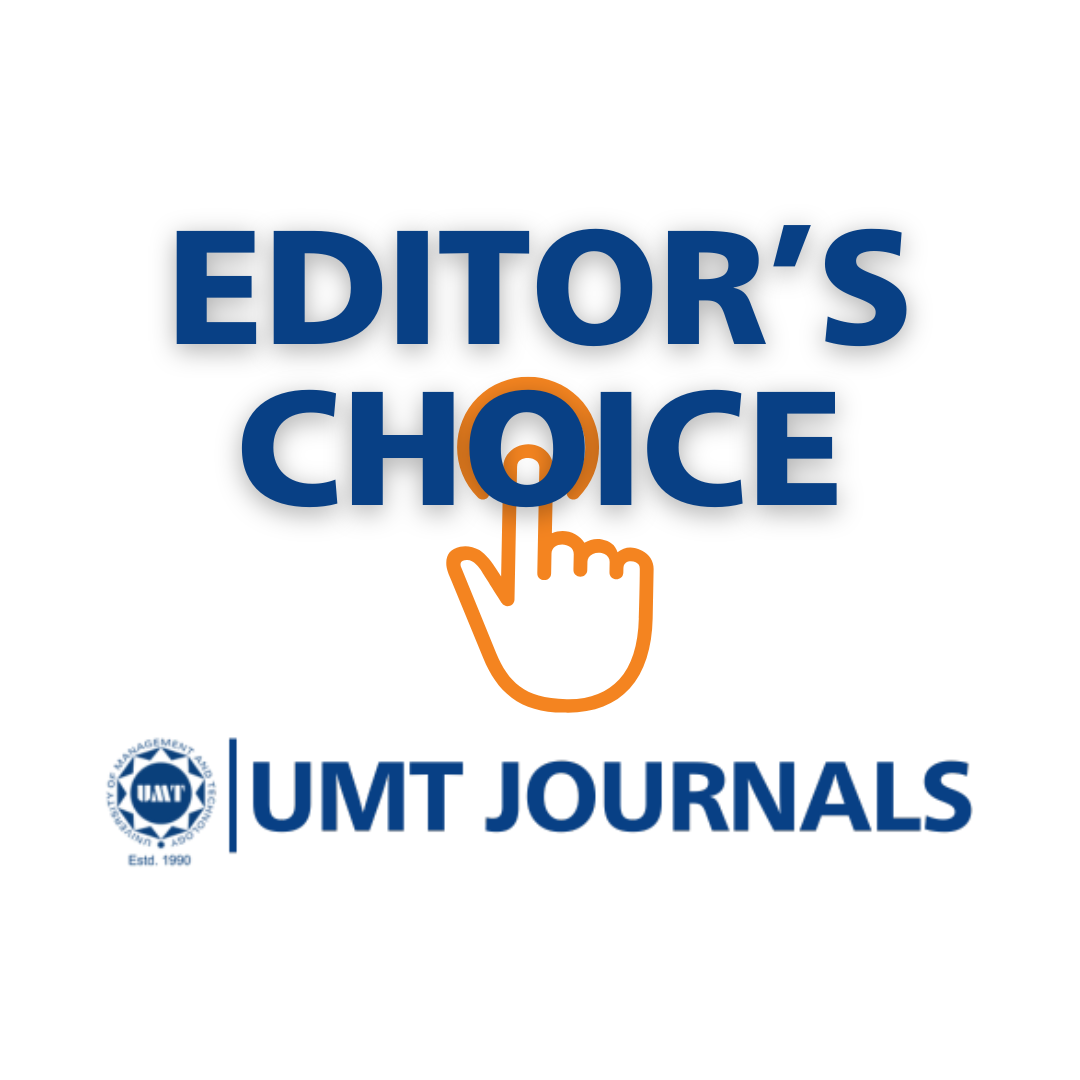Stem Cell Transplantation Efficacy in Cerebral Palsy: A Case Report from a Physical Therapist Perspective
Abstract
 Abstract Views: 253
Abstract Views: 253
Children with spastic cerebral palsy usually display an elevationin muscle tone,a decline in gross motor functional abilities,feeding problems and visual problems.Studies on stem cell treatment are in their early stages concerningitsefficacy forcerebral palsy. The purpose of the current study was to evaluate the efficacy of stem cell transplantation forgross motor functions, fine motor functions, feeding, visionandspasticity in achild with cerebral palsy(CP). A child with spastic CPon Level Vofthe Gross Motor Function Classification System(GMFCS)was selectedforthe transplantation of autologous Bone Marrow-derived Mononuclear Cells(BMMNCs). Muscle tone, grossmotor abilities, finemotor abilities, feeding abilities and visual abilities were assessed on 4 occasionsincluding1)beforethe transplantation,2) immediately after the transplantation,3) sixmonths after the transplantation,and 4) oneyearafter the transplantation.No effect of stem cell transplantation was observedinthe childconcerning gross motor functions, fine motor functions,feeding, vision and the degree of spasticity. Furtherstudies should be carried out on the subject using a different population rather than the one comprising children on Level V of the GMFCS.
Keywords: autologous, cerebral palsy (CP), children, stem cells
Copyright (c) The Author
Downloads
References
Ryan JM, Cassidy EE, Noorduyn SG, O’Connell NE. Exercise interventions for cerebral palsy (Review). Cochrane Database Syst Rev. 2017;6(6):CD011660. https://doi.org/10.1002/14651858.CD011660.pub2
Eve B, and Cans C, Elodier and S. Epidemiology of the Cerebral Palsies. In: Panteliadis CP, editor. Cerebral Palsy: A Multidisciplinary Approach [Internet]. Springer International Publishing; 2018. p. 19–28. https://doi.org/10.1007/978-3-319-67858-0_3
Salt A, Sargent J. Common visual problems in children with disability. Archiv Dis Childhood. 2014;99(12):1163-8. http://dx.doi.org/10.1136/archdischild-2013-305267
Swift SH, Davidson RC, Weems LJ. Cortical Visual Impairment in Children: Presentation intervention, and prognosis in educational settings. Teaching Exceptional Child Plus. 2008;4(5):1-14.
Bar-on L, Molenaers G, Aertbeliën E, et al. Spasticity and Its Contribution to Hypertonia in Cerebral Palsy. Hindawi Publ Corp. 2015;2015:1-10. https://doi.org/10.1155/2015/317047
Pashmdarfard M, Amini M, Hassani Mehraban A. Participation of Iranian Cerebral Palsy Children in Life Areas: A Systematic Review Article. Iran J Child Neurol. 2017;11(1):1–12.
Arvedson JC. Feeding children with cerebral palsy and swallowing difficulties. Eur J Clin Nutr. 2013;67:S9–12. http://dx.doi.org/10.1038/ejcn.2013.224
Alvarez CV, Garcia-Lavandeira M, Garcia-Rendueles ME, et al. Defining stem cell types: understanding the therapeutic potential of ESCs, ASCs, and iPS cells. J Mol Endocrinol. 2012;49(2):89-111. http://dx.doi.org/10.1530/jme-12-0072
Brazier Y. What are stem cells, and what do they do? Medical News Today. 2018 https://www.medicalnewstoday.com/articles/323343.php
American Cancer Society medical and editorial content team. Types of Stem Cell Transplants for Cancer Treatment. American Cancer Society Medical. 2019. https://www.cancer.org/treatment/treatments-and-side-effects/treatment-types/stem-cell-transplant/types-of-transplants.html
Mayo Clinic Staff. Autologous stem cell transplant. Mayo Clinic. 2019. https://www.mayoclinic.org/tests-procedures/autologous-stem-cell-transplant/pyc-20384859
Purandare C, Shitole DG, Belle V, Kedari A, Bora N, Joshi M. Therapeutic Potential of Autologous Stem Cell Transplantation for Cerebral Palsy. Case Rep Transplant. 2012;2012:1–6. https://doi.org/10.1155/2012/825289
Weimann JM, Charlton CA, Brazelton TR, Hackman RC, Blau HM. Contribution of transplanted bone marrow cells to Purkinje neurons in human adult brains. Pro National Acad Sci. 2003 Feb 18;100(4):2088-2093. https://doi.org/10.1073/pnas.0337659100
World Medical Association. Declaration of Helsinki. https://www.wma.net/what-we-do/medical-ethics/declaration-of-helsinki/
Ferziger NB, Nemet P, Brezner A, Feldman R, Galili G, Zivotofsky AZ. Visual assessment in children with cerebral palsy: Implementation of a functional questionnaire. Dev Med Child Neurol. 2011;53(5):422–428. https://doi.org/10.1111/j.1469-8749.2010.03905.x
Fay D, Wilkinson T, Anderson AD, et al. Effects of Modified Instructions on Peabody Developmental Motor Scales, Gross Motor Scores in Children with Typical Development. Phy Occup Therapy Pediat. 2019 Jul 4;39(4):433-445. https://doi.org/10.1080/01942638.2018.1534921
Meseguer-Henarejos AB, Sǎnchez-MECA J, López-Pina JA, CARLES-Hernǎndez R. Inter-and intra-rater reliability of the Modified Ashworth Scale: A systematic review and meta-analysis. Eur J Phys Rehabil Med. 2018;54(4):576–590. https://doi.org/10.23736/s1973-9087.17.04796-7
Allen SL, Smith IM, Duku E, et al. Behavioral pediatrics feeding assessment scale in young children with autism spectrum disorder: Psychometrics and associations with child and parent variables. J Pediatr Psychol. 2014;40(6):581–590.
Erwin A, Gudesblatt M, Bethoux F, et al. Intrathecal baclofen in multiple sclerosis: Too little, too late? Mult Scler J. 2011;17(5):623–629.
Crist W, McDonnell P, Beck M, Gillespie CT, Barren P, Mathews J. Behavior at mealtimes and the young child with cystic fibrosis. J Develop Behav Pediat. 1994;15(3):157–161.
Huo R, Burden SK, Hoyt CS, Good W V. Chronic cortical visual impairment in children: Aetiology, prognosis, and associated neurological deficits. Br J Ophthalmol. 1999;83(6):670–675.
Watling R. Peabody Developmental Motor Scales (PDMS). In: Volkmar FR, editor. Encyclopedia of Autism Spectrum Disorders. Springer New York; 2013.
Mahmud AS, Alwan BM, Mezaal MA. H-reflex excitability in children with spastic cerebral palsy. J Fac Med Baghdad. 2011;53(1):11–4. https://doi.org/10.32007/jfacmedbagdad.531900
Tekgül H, Polat M, Tosun A, Serdaroǧlu G, Gökben S. Electrophysiologic assessment of spasticity in children using H-reflex. Turk J Pediatr. 2013;55(5):519–523.
Bauch FM, Steinberg H. A Review: The validity and reliability of the Modified Ashworth Scale as a measurement tool for the evaluation of spasticity and its applicability to children with cerebral palsy European School of Physiotherapy. Class of 2005. 2005.
Crist W, Napier-Phillips A. Mealtime behaviors of young children: A comparison of normative and clinical data. J Dev Behav Pediatr. 2001;22(5):279–86.
Carroll JE, Mays RW. Update on stem cell therapy for cerebral palsy. Expert Opin Biol Ther. 2011;11(4):463–471.
Mancías-Guerra C, Marroquín-Escamilla AR, González-Llano O, et al. Safety and tolerability of intrathecal delivery of autologous bone marrow nucleated cells in children with cerebral palsy: An open-label phase I trial. Cytotherapy. 2014;16(6):810-20. https://doi.org/10.1016/j.jcyt.2014.01.008
Steiner B, Roch M, Holtkamp N, Kurtz A. Systemically administered human bone marrow-derived mesenchymal stem home into peripheral organs but do not induce neuroprotective effects in the MCAo-mouse model for cerebral ischemia. Neurosci Lett. 2012;513(1):25-30. https://doi.org/10.1016/j.neulet.2012.01.078
Novak I, Walker K, Hunt RW, Wallace EM, Fahey M, Badawi N. Concise review: StemCell Interventions for People With Cerebral Palsy: Systematic review with meta-analysis. Stemcell Transl Med. 2016;5:1014–1025.
Faulkner SD, Ruff CA, Fehlings MG. The potential for stem cells in cerebral palsy-piecing together the puzzle. Semin Pediatr Neurol. 2013;20(2):146–53. https://doi.org/10.1016/j.spen.2013.06.002
Kułak-Bejda A, Kułak P, Bejda G, Krajewska-Kułak E, Kułak W. Stem cells therapy in cerebral palsy: A systematic review. Brain Dev. 2016;38(8):699–705. https://doi.org/10.1016/j.braindev.2016.03.002
Purandare C, Shitole DG, Belle V, Kedari A, Bora N, Joshi M. Therapeutic Potential of Autologous Stem Cell Transplantation for Cerebral Palsy. Case Rep Transplant. 2012;2012:1–6. https://doi.org/10.1155/2012/825289
Chen G, Wang Y, Xu Z, et al. Neural stem cell-like cells derived from autologous bone mesenchymal stem cells for the treatment of patients with cerebral palsy. J Transl Med. 2013;11(1):1–11. https://doi.org/10.1186/1479-5876-11-21
Liu X, Fu X, Dai G, et al. Comparative analysis of curative effect of bone marrow mesenchymal stem cell and bone marrow mononuclear cell transplantation for spastic cerebral palsy. J Transl Med. 2017;15(1):1–9. https://doi.org/10.1186/s12967-017-1149-0
Copyright (c) 2021 Alaa Noureldeen Kora

This work is licensed under a Creative Commons Attribution 4.0 International License.
BSR follows an open-access publishing policy and full text of all published articles is available free, immediately upon publication of an issue. The journal’s contents are published and distributed under the terms of the Creative Commons Attribution 4.0 International (CC-BY 4.0) license. Thus, the work submitted to the journal implies that it is original, unpublished work of the authors (neither published previously nor accepted/under consideration for publication elsewhere). On acceptance of a manuscript for publication, a corresponding author on the behalf of all co-authors of the manuscript will sign and submit a completed the Copyright and Author Consent Form.











